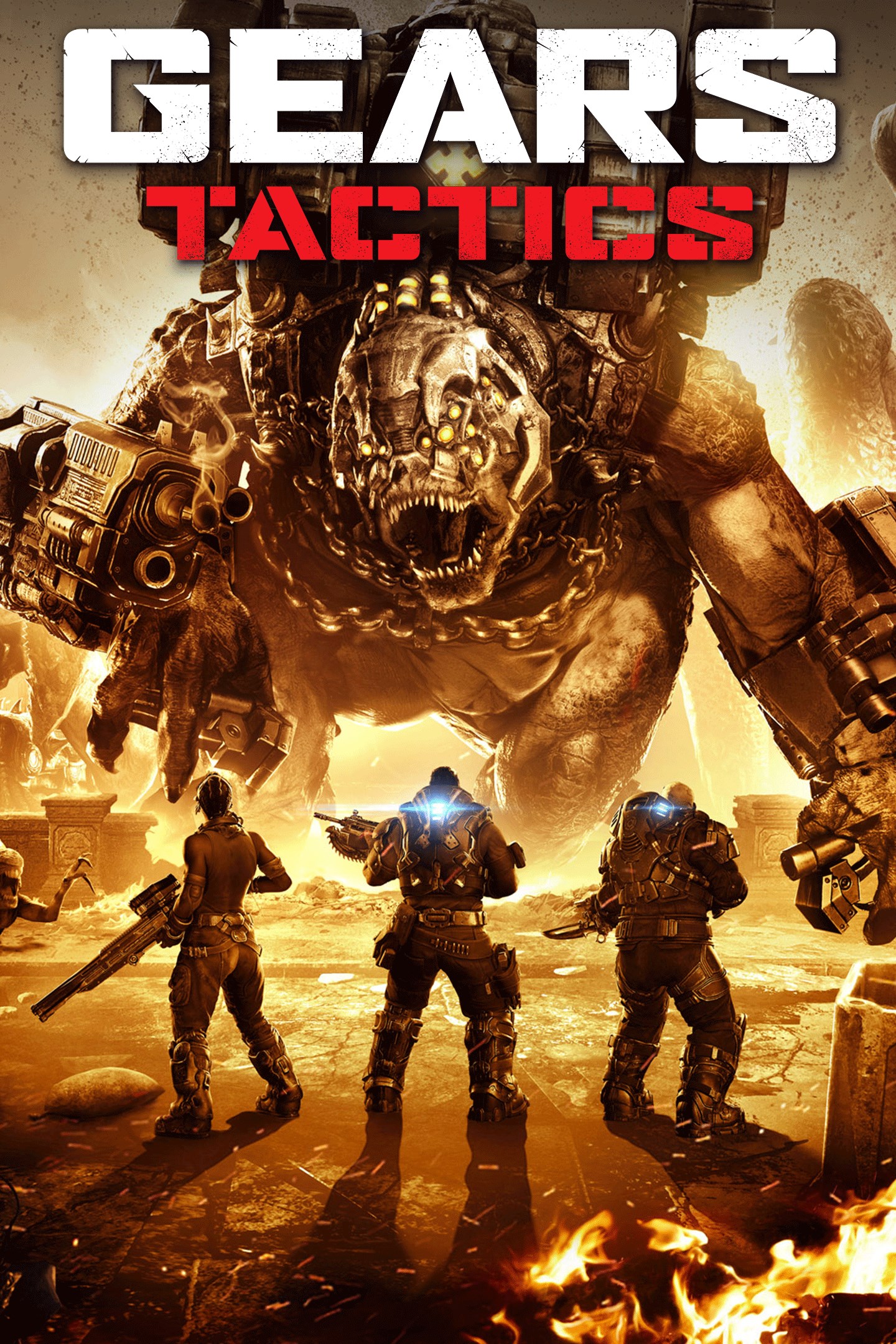Faction Alliances: Do They Affect the Ending?
Introduction
In many role-playing games (RPGs), strategy games, and even narrative-driven experiences, players are often given the choice to align with different factions. These factions may have conflicting ideologies, goals, or moral standings, and the player's decision to support one over another can significantly impact the game's outcome. But just how much do faction alliances influence the ending? Do they merely alter minor details, or do they lead to entirely different conclusions?
This article explores the role of faction alliances in shaping game endings, examining various genres, player agency, and narrative consequences.
The Role of Factions in Games
Factions serve as a crucial gameplay and storytelling mechanic in many titles. They provide:
- Player Agency – Allowing players to make meaningful choices that reflect their playstyle or moral compass.
- World-Building – Factions deepen lore by representing different ideologies, cultures, or power struggles.
- Replayability – Different faction paths encourage multiple playthroughs to explore alternative endings.
Games like The Elder Scrolls V: Skyrim, Fallout: New Vegas, Mass Effect, and Divinity: Original Sin 2 are prime examples where faction allegiance can drastically alter the narrative.
How Faction Choices Influence Endings
1. Direct Narrative Consequences
Some games feature endings that are entirely dependent on which faction the player supports. For example:
- Fallout: New Vegas – The game offers four major factions (NCR, Caesar’s Legion, Mr. House, Yes Man), each leading to a distinct ending with unique consequences for the Mojave Wasteland.
- Mass Effect 3 – While not strictly faction-based, alliances with different alien races (Krogan, Quarians, Geth) influence war assets and possible endings.
2. Moral and Ethical Impact
Faction choices often reflect moral dilemmas:
- Supporting a tyrannical faction may lead to a darker, oppressive ending.
- Backing a revolutionary group could result in chaos or liberation, depending on execution.
Games like The Witcher 3 and Dragon Age: Inquisition use faction dynamics to challenge players' ethical boundaries.
3. Gameplay and Ending Variations
Some games offer subtle differences rather than entirely new endings:
- Minor dialogue changes (e.g., NPCs reacting differently based on faction loyalty).
- Altered final missions (e.g., different allies appearing in the climax).
- Post-game consequences (e.g., faction-controlled territories changing the world state).
Case Studies: Faction Endings in Popular Games
1. The Elder Scrolls V: Skyrim – Civil War Questline
Players choose between the Imperial Legion or the Stormcloaks, but the ending remains largely similar—only the ruling faction changes. The broader world impact is minimal, making this an example of cosmetic faction influence.
2. Divinity: Original Sin 2 – Godwoken Path
Faction alliances (Lucian’s followers, Voidwoken, or independent routes) lead to vastly different endings, including becoming a god, embracing chaos, or sacrificing power. This showcases deep narrative branching.
3. Star Wars: Knights of the Old Republic – Light vs. Dark Side
While not strictly factions, alignment with Jedi or Sith ideologies leads to opposing endings, reinforcing binary moral consequences.
Do Faction Alliances Always Matter?
Not all games treat faction choices with equal weight. Some limitations include:

- Illusion of Choice – Some games present faction options but converge to the same ending.
- Limited Impact – Faction loyalty may only unlock minor rewards (e.g., gear, NPC reactions) without altering the finale.
- Developer Constraints – Budget and time may prevent fully branching endings.
Conclusion: The Power of Player Choice
Faction alliances can profoundly shape a game’s ending, but their impact varies by design. Some titles offer true narrative divergence, while others provide superficial changes. The best implementations make players feel their choices matter, enhancing immersion and replay value.
Ultimately, whether faction alliances affect the ending depends on the game’s depth—meaningful choices lead to meaningful consequences.
Tags: #Gaming #Factions #RPG #PlayerChoice #GameEndings #NarrativeDesign #Replayability


















